“…our fathers brought forth on this continent a new nation, conceived in liberty, and dedicated to the proposition that all men are created equal. Now we are … testing whether that nation, or any nation so conceived and so dedicated, can long endure.” – Abraham Lincoln, Gettysburg Address
*******
The United States of America faces an unprecedented combination of challenges in the coming decade. Bankrupt finances, political extremist and ideologues, government gridlock, a decaying infrastructure, dependence on foreign oil, declining education standards and results, loss of credible information sources, public health and geopolitical decline relative to rising powers all promise to change the very nature of life as we know it.
Consider the following list of facts, and also consider the implications of these facts, which will all combine in the next ten years.
(click for larger image)
This year, in 2010, the United States government will borrow $40 of every $100 it spends. The majority of that debt will be due for payment within five years.
If things continue as they are, in 2020 the United States will have a public debt of $21.5 trillion dollars, up from $12.5 trillion dollars today.
By 2020 the annual federal deficit is projected at $1.3 trillion dollars.
Annual interest payments on the public debt in 2020 are expected to reach $723 billion.
If things continue as they are, the public debt will continue to rise, since the United States cannot afford to pay for the programs it is committed to. Those promises that can’t be paid for, unfunded liabilities primarily in the form of Social Security, Medicare and Medicaid, add up to a minimum of $75 trillion dollars.
The Congressional Budget Office (CBO) calculates that entitlement spending (primarily Social Security, Medicare and Medicaid) will grow from 9 percent of Gross Domestic Product (GDP) today to 20 percent in 2025.
In America, more than 10,000 baby-boomers will become eligible for Social Security and Medicare every day for the next two decades.
If health care costs continue to grow at their historical rates, Medicare and Medicaid will double as a share of spending on Federal programs within the next 30 years.
Unless major policy changes are implemented, in just 10 years the United States will spend almost its entire income, every penny taken in via taxes, fees, duties, etc., just paying for Social Security, Medicare and Medicaid and the interest on the public debt. There will be no money left to pay for the rest of government as we know it—everything from the military to milk standards.
(click for larger image)
In February 2010, nationally, 4.58 percent of mortgages, 13.6 percent of high yield bonds and 11.2 percent of credit cards were in default.
In September 2009, United States consumers held $917 billion dollars in credit card debt and $69 billion of it was past due.
One of every three American consumers carry credit card balances up to $10,000.
According to the Federal Reserve Bank, 40 percent of American families spend more than they earn.
Between 2007 and 2009 7.2 millions jobs were lost in the U.S., with 1.6 million lost in construction.
Between 1997 and 2009 six million American jobs were lost in manufacturing.
In February 2010 the U.S. lost 36,000 jobs and the national total unemployment rate, which includes discouraged workers and people forced to hold part-time jobs, hit 16.8 percent.
Even as the unemployment rate climbed toward 10 percent, three million U.S. jobs went unfulfilled in 2008 because the U.S. workforce lacked necessary skills.
Nearly one in three American workers will be over 50 by 2012.
More than 26 percent, or one in four, of the nation’s bridges are either structurally deficient or functionally obsolete.
Worn-out water systems leak away 20 gallons of fresh water per day for every American, more than 6 billion gallons of water per day is wasted.
The average dam in the United States is 50 years old.
The cost of bringing the nation’s infrastructure up to adequacy is estimated at $2.2 trillion over the next five years, or twice as much as is now budgeted by all levels of government.
Sixty-eight percent of members of the National Academy of Public Administration surveyed said that the U.S. government was “less likely to successfully execute projects than at any time in the past.”
The United States ranks last of 40 nations in the rate of change in innovation capacity over the last decade.
Rate of Change of Innovation Capacity Prior Decade
(click for larger image)
It can cost $1 billion more to build, equip, and operate a factory in the United States than it does outside the U.S., with 70 percent of the cost difference accounted for by lower taxes, and 90 percent of the cost difference explained by government policies (including grants and tax credits), not wages.
Out of 104 nations, in 2009 the U.S. ranked 27th in health, 19th in safety and security, 16th in governance and 7th in education.
In 2008 68 percent of men and 72 percent of women were overweight or obese in America.
Since 1980, the prevalence of obesity has tripled among school-age children and adolescents.
More than three in ten American children are overweight or obese.
Health effects of obesity include high blood pressure; diabetes; heart disease; joint problems, including osteoarthritis; sleep apnea and respiratory problems; cancer; metabolic syndrome; and psychosocial effects. Most of these conditions are chronic and can more than double the lifetime cost of health care compared to a non-obese citizen.
Most, if not all, of the mid- and long-term cost projections for U.S. health care do not accurately reflect the increased chronic condition costs of America’s overweight and obese population.
Life expectancy in America is below the average for 30 advanced countries measured by the OECD, and the obesity rate in America is the worst among those 30 countries, by far.
If left unchanged, by 2017 U.S. health care spending is projected to reach $4.3 trillion dollars and comprise 19.5 percent of GDP. That means by 2017 $20 out of every $100 dollars spent in the United States will be on health care.
(click for larger image)
The U.S. spends more as a percentage of GDP and per capita for health care than any other developed nation while nearly half, 45 percent, of all American patients do not receive the care they have been recommended. In addition, outcomes, quality of care and life expectancy all score lower in the U.S. than the rest of the developed world.
(click for larger image)
(click for larger image)
(click for larger image)
In August 2008, U.S. steelmakers accounted for only 5 percent of global steel output compared to 49 percent for Chinese steelmakers.
U.S. military spending represented 46 percent of $1.46 trillion global military spending in 2008, compared with 5.8 percent for China, the United Kingdom and France at 4.5 percent and Russia at 4 percent.
(click for larger image)
American oil imports since 1981 have nearly doubled, up by 96 percent. 1981 was two years after the second oil crisis that severely affected the U.S. economy and led to repeated calls for energy independence.
The United States currently sends more than $1 billion dollars per day overseas to buy foreign oil.
There are 15,000 registered lobbyists in America who spent $3.5 billion dollars influencing elected officials in 2009.
Including money spent for grassroots organizing, coalition-building, advertising and advocacy on the internet with the $3.5 billion spent on lobbying, the total spent in 2009 on purchasing influence in Washington was about $9 billion dollars.
In 2008, the U.S. had 37 universities in the top 100 and 58 in the top 200. In 2009, that dropped to 32 and 54, respectively.
55 percent of U.S. PhD engineering students are foreign born, along with 45 percent of graduate physicists working in the U.S.
More than 30 percent of American Nobel Prize winners in medicine and physiology between 1901 and 2005 were foreign born.
More than two thirds of Americans are unable to identify DNA as the key to heredity.
Nine out of ten Americans do not understand radiation and what it can do to the body.
One in five American adults is convinced that the sun revolves around the earth.
Among adult Americans, between 1989 and 2007 Americans knowledge of current events dropped by 8.3 percent.
Among adult Americans, 25 percent cannot name any First Amendment rights and 62 percent cannot name the three branches of the United States government.
Of Americans age 18-24, 74 percent believe English is the primary language spoken by the most people in the world; 48 percent cannot locate the state of Mississippi on a U.S. map; 47 percent cannot locate India on a map of Asia; 75 percent cannot locate Israel on a map of the Middle East; 70 percent cannot locate North Korea on a map of Asia; 60 percent cannot locate Iraq on a map and 33 percent cannot locate the direction “northwest.”
Overall, about 67 percent of American high school seniors read below the proficient level.
Fewer than half of Americans over age 13 read a book in the last year.
Romance novels are the largest share of the American book market.
One in seven American adults cannot read. That equates to 14 percent or 32 million U.S. adults who are illiterate.
In the Los Angeles city school system during 2008-2009, 58 percent of fifth-graders were reading below their grade level and 47 percent could not perform at their grade level in math.
American children aged 2-5 spend about 25 hours watching live television and over 32 hours a week on average in front of the TV screen.
American children aged 6-11 spend about 22 hours watching live television and over 28 hours a week on average in front of the TV screen.
American adults spend an average of 8 hours per day exposed to television, 56 hours per week
*******
But a list of factoids does not tell the whole story. While possibly illuminating, they lack personal perspective. As such, consider the following series of quotes, and the implications of these quotes, all of which will combine in the coming decade:
“The physical infrastructure of big East Coast cities was mainly built by the 1880s; of the industrial Midwest by World War I; and of the West Coast by 1960. It was advertised to last 50 years, and over-engineered so it might last 100. Now it’s running down. When a pothole swallows an SUV, it’s treated as freak news, but it shows a water system that’s literally collapsing beneath us.” – Stephen Flynn
“After almost a century, the United States no longer has the money. It is gone, and it is not likely to return in the foreseeable future … The American standard of living will decline relative to the rest of the industrialized and industrializing world … The United States will lose power and influence.” – economists J. Bradford DeLong and Stephen Cohen
“America needs a government as good as its people.” – former President Jimmy Carter
“Year by year special-interest groups inevitably take bite after tiny bite out of the total national wealth. They do so through tax breaks, special appropriations, what we now call legislative “earmarks,” and other favors that are all easier to initiate than to cut off. No single nibble is that dramatic or burdensome, but over the decades they threaten to convert any stable democracy into a big, inefficient, favor-ridden state.” – paraphrase of Mancur Olson, author, economist and social scientist
“153 state or federal [elected] positions in California were at stake in the 2004 election. Not a single one changed party.” – Troy Senik, author and former presidential speechwriter
“In terms of size, speed and directional flow, the transfer of global wealth and economic power now under way — roughly from West to East — is without precedent in modern history.” – Thomas Fingar, Chairman of the National Intelligence Council (NIC)
“I don’t think that America’s political system is equal to the tasks before us… Our [system] is great for distributing benefits but has become weak at facing problems. I know the power of American rejuvenation, but if I had to bet, it would be 60–40 that we’re in a cycle of decline.” – Dick Lamm, former three-term governor of Colorado (Democrat)
“If Washington continues to thumb their nose at the American people, you know, who knows what might come out of that?” – Texas governor Rick Perry (Republican) regarding Texas secession from the United States
“Whenever you have just the furthest left elements of the Democratic party attempting to impose their will on the rest of the country—that’s not going to work too well. For [the Democratic party left,] it may take a political catastrophe of biblical proportions before they get it.” – U.S. Senator Evan Bayh (Democrat, Indiana)
“He was Judas to the Republican Party in the state of Florida and across the country.” – Robin Stublen, co-state coordinator for the Florida Tea Party Patriots, regarding moderate Republican Florida governor Charles “Charlie” Crist
“To those people who are pursuing purity, you’ll become a club not a party. Conservativism is an asset. Blind ideology is not.” – U.S. Senator Lindsey Graham (Republican, South Carolina)
“Our companies and entrepreneurs are matchless in their power to adapt. We lead in many categories the private economy can handle by itself. But where you need any public-private coordination, we’ve become handicapped. I worry that our companies can adapt, but our [political] system can’t.” – Robert Atkinson, director of the Information Technology and Innovation Foundation
“Senior foreign government delegations still frequent the U.S. on technology visits, but they come increasingly infrequently to the U.S. to learn about innovation policy; there’s much more for them to learn in Europe and Asia.” – Greg Tassey, senior economist for the U.S. National Institute of Standards and Technology (NIST)
“We are the United States of Deferred Maintenance. China is the People’s Republic of Deferred Gratification. They save, invest and build. We spend, borrow and patch.” – Thomas Friedman, columnist and author
“The financial crisis is a major geopolitical setback for the United States and Europe… [It will] accelerate trends that are shifting the world’s center of gravity away from the United States.” – Robert Altman, former Deputy Treasury Secretary
“We are willfully making ourselves stupid. When was the last time we faced up to a major national problem? We would do well to focus on the issue of public paralysis.” – Ralph Nader, former third party presidential candidate, consumer activist, author
“This is a phenomenon that goes beyond the military sphere to the political and economic sphere. I think it would be easy for common-sense Americans to draw up a list of big things that would seem to demand concerted effort. Deficits are too big. Health costs are unacceptable. Oil. And yet we have a political system that seems to be constantly consumed with trivial things. We cannot seriously grapple with the big issues. Tactics consume strategy.” – Andrew Bacevich, West Point graduate and career Army officer who now teaches at Boston University
“Ronald Reagan managed to equate criticism with anti-Americanism, and render unintelligible bad news about America.” – Rick Perlstein, author, historian and journalist
“Ideologues hold stoutly to a worldview despite being contradicted by what is generally accepted as reality. The offspring of ideology and theology are not always bad but they are always blind. And that is the danger: voters and politicians alike, oblivious to the facts.” – Bill Moyers, journalist, former White House press secretary
“Governing institutions always lag behind the social exigencies of any era; and in periods of rapid change… the gap widens between society’s needs and the institutional capacity to meet those needs.” – paraphrase of Thorstein Veblen, author, sociologist and economist
“Through the country’s history, government has had to function correctly for the private sector to flourish. John Quincy Adams built the lighthouses and the highways. That’s not ‘socialist’ but ‘Whiggish.’ Now we need ports and highways and an educated populace.” – Kevin Starr, author, historian, professor
“America’s ignorance of the outside world is so great as to constitute a threat to national security.” – Strategic Task Force on Education Abroad
“Part of the mind-set of pre-Communist China was the rage and frustration of a great people let down by feckless rulers. Whatever is wrong with today’s Communist leadership, [domestically] it is widely seen as pulling the country nearer to its full potential rather than pushing it away. America is not going to have a Communist revolution nor endure “100 Years of Humiliation,” as Imperial China did. But we could use more anger about the fact that the gap between our potential and our reality is opening up, not closing.” – James Fallows, writer, journalist, former presidential speech writer
“The world has no leadership. The U.S. was the last resort and hope for all the nations. Today, we have lost that hope.” – Lech Walesa, former president of Poland and leader of Poland’s independence movement from the Soviet Union
“Our long-term simulations show that absent policy changes the federal government faces an unsustainable growth in debt. The longer that action to deal with the federal government’s long-term fiscal outlook is delayed, the greater the risk that the eventual changes will be disruptive and destabilizing.” – United States Government Accountability Office (GAO) [emphasis added]
“I am a little worried that by the time we wake up to the crisis we will be in the abyss.” – Paul Otellini, President and CEO, Intel
*******
As you can see from these facts and quotes, the United States faces a set of challenges that, taken together, arriving simultaneously, threaten the ongoing viability of the country.
Facing a period of extraordinary challenge is nothing new for the United States. The nation has faced challenges before and overcome them.
What makes this next decade unique is that the country faces major existential challenges from multiple sources, all arriving at the same time, at a time when the country is perhaps less equipped to deal with them than at any other point in its history.
Government
Politically, the nation is at a standstill. Its ruling class has proven, through its pervasive corruption and extremist driven gridlock, that it is incapable of effective governance, long ago trading power and personal riches for any sense of civic responsibility and personal integrity. Government is at a standstill, held hostage by fringe ideologues from both ends of the political spectrum.
The underlying political system of exchanging money for influence that the ruling political class has inculcated and nurtured has created an environment universally corrosive to anyone who enters. People who are elected to local, state and national offices may start out well meaning and honest, but they quickly become introduced to the realities of politics in America in which there is only one goal—money.
The United States spends more on buying influence with politicians ($9 billion) than it does for flood control and coastal emergencies ($30 million); mining ($146 million); training law enforcement ($278 million); health care research and quality ($611 million); the forest service ($757 million); military family housing ($1,822 million); technology innovation ($80 million); adult education ($612 million); radioactive waste management ($197 million); elderly housing ($274 million); fighting organized crime ($579 million); veterans employment and training ($262 million); the Peace Corps ($446 million); pipeline and hazardous materials safety ($174 million); financial crimes enforcement ($100 million); veterans cemeteries ($251 million); polluted land assessment and cleanup ($138 million); aeronautics, aerospace and science education ($146 million); science research equipment and facilities ($165 million); small business loans ($169 million); social security fraud and abuse ($106 million) and social innovation ($60 million) combined ($7.403 billion).
Given these priorities of the political class, with the nation spending more on buying politicians than buying government products and services, it is clear who our elected representatives and their parties serve—themselves.
Fewer than half of Americans trust government, more than 80 percent disapprove of the job congress is doing, 83 percent are dissatisfied or angry with government and more than 93 percent believe there is too much partisan fighting between the two ineffective, detached and self-serving political parties. There are loud voices from many quarters, left, right and center, echoing the message that the current political system and its members have proven incapable of governing the country and that the elected representatives of the United States are disconnected from honesty, integrity, ethics, the country and its people.
Tellingly, for the first time in modern history, there are reports from developed nations of concern of “political instability” in the United States.
If we don’t fix government, if we don’t create a system that separates money from politics, if we don’t find people who are honest enough and capable enough to govern, it is game over.
Finances
Financially, the nation is effectively bankrupt. The United States government has spent more money that it earned for 47 out of the last 55 years. Consequently, it is in debt up past its eyeballs; and, worse yet, it is in hock to its major geopolitical rivals, who now control America’s fate. About one in three dollars of U.S. foreign debt is held by China, drug cartels and oil producers. China alone holds more than $895 billion dollars in U.S. debt, more than 24 percent of the total held by foreign nations.
“China is now the largest creditor nation to the United States,” noted Victor Gao, a former top official in the Chinese foreign ministry, in a recent CNN interview. “Just imagine if China buys less of the Treasury bonds or stops buying the Treasury bond for a couple of months.” The outcome of even a couple of months diminishment or suspension of China buying America’s IOUs would cripple the U.S. economy and destroy the dollar. It doesn’t take Einstein to figure out who is the puppet and who is holding the strings in this relationship.
Things won’t get better financially any time soon. If things stay the way they are, in seven years the U.S. will be spending 20 of every 100 dollars on health care. Even more ominous, the United States has no way to pay for its major social entitlement programs: Social Security, Medicare and Medicaid. Unless major cuts are made to the entitlement programs, huge tax increases are levied, or both, in 10 years the country will be spending all of its revenues, every last penny of taxes, duties, fees, etc., to fund those entitlement programs and pay the interest on the public debt, leaving nothing left to pay for the entire rest of the government (defense, law enforcement, safety, education, science, etc.).
If we can’t gain control of health care costs, if we can’t come to grips with our spending and stop racking up more and more debt, if we can’t get our entitlement programs under control, in ten years it is game over.
Geopolitics
Geopolitically, America’s dominant position on the world stage is being displaced by rising global superpowers such as China and resurging past empires such as Russia (Soviet Union) and Iran (Persia).
China is America’s primary debt holder, and, as such, has the power of life and death over the United States. Should China simply stop buying further IOUs from the United States or flood the market with even a portion of its U.S. debt holdings, the U.S. economy and the dollar would collapse. While that collapse would cost the Chinese most of their nearly trillion dollars in U.S. debt holdings, even if they lost every penny of their investment, they could crush the United States and become the world’s sole superpower for less than it has cost the U.S. to fight the Iraq and Afghanistan wars. China would become the world’s sole superpower for a relatively bargain price, all without firing a shot.
Asians in general, and the Chinese in particular, have a very different perspective on history than the United States. Asians plan in periods of 10, 50 and 100 years. Americans plan in periods of 3 months and two year election cycles. Asians view history in periods of hundreds and thousands of years. Americans view history in periods of 30 minutes, the news cycle, and four years, a presidential term.
Due to this difference in perspective, it can come as a surprise to Americans that Asia, predominantly China, was by far the world’s largest economy for much of the last two millennia. As pointed out by Chris Patten, the last British governor of Hong Kong, China was the globe’s top economy for 18 of the past 20 centuries. While Europe stumbled through the Dark Ages and fought disastrous religious wars, while North America was populated by indigenous peoples, while the Islamic world peaked and declined, Asia and China created the largest economies and the highest standards of living in the world.
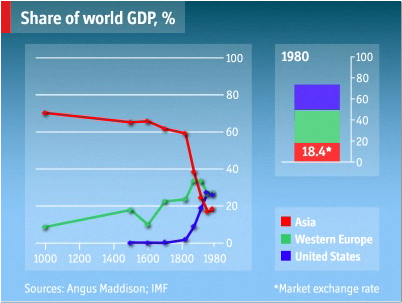
From our perspective here within the United States fishbowl we tend to think the world is, should be, and always will be, as it has been since we’ve been alive. However, from the Chinese perspective, the idea of China dominating the world is not a change in reality to something unusual; it is merely the return to what always was and always should be.
China’s current geographical area
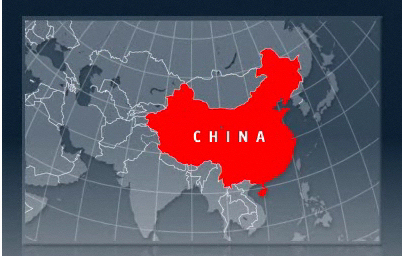
China’s recent geographical area
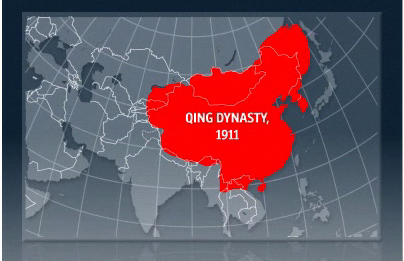
Maximum territory during the Mongol Empire
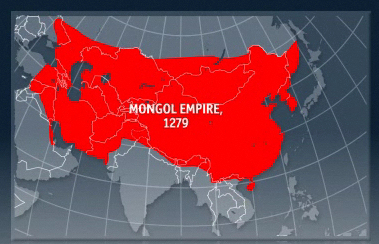
The world outside the borders of the United States continues to evolve rapidly. Due to the growth and development of other nations, it is inevitable that the U.S. will no longer dominate relative to their growing strengths and capabilities. Just as the first tree that grows towers above the newer growth, as the surrounding saplings grow to maturity, they stand equal with the initial tree. The return to global power and influence of historically major empires such as China and Russia (Tsarist Russia and the Soviet Union), and to an initially lesser extent, Iran (Persian) and Turkey (Ottoman), means the U.S. must adapt to a new role and new relationships with a multilateral world of countries with current or soon-to-be peer level economies and capabilities. This does not mean that the U.S. must decline relative to itself, but it does mean that the U.S. must find within itself an identity and purpose relevant to and compatible with a new world of multiple major geopolitical players.
If we cannot find a way to transition into a new geopolitical order as one of many powerful nations, if we cannot find a way to get out of debt to our major global competitors, if we cannot find a way to form and sustain effective coalitions, it is game over.
Education
Educationally, in 2006 American 15 year old students ranked 23rd in science and 32nd in math among developed and developing countries on the OCED Program for International Student Assessment (PISA) education skills survey. In 2009 American fourth graders were surpassed by five countries that placed behind the U.S. in earlier reading tests.
From 1990 to 2006, total expenditures per student in American public elementary and secondary schools rose 31 percent in constant dollars. That 31 percent increase in spending bought a change of 38 percent to 33 percent of fourth graders reading at or below basic level, 31 to 26 percent of eighth graders reading at or below basic level, and more than one out of four freshmen who never graduate high school, a drop out rate of 27 percent nationally.
In some quarters those statistics, a range of one quarter to one third of fourth and eighth graders who cannot read above a basic level and more than one quarter of high school students dropping out, were a cause for celebration and accolades. Others were less sanguine.
U.S. Secretary of Education Arne Duncan perhaps said it best, “Our students have stagnated educationally, putting our long-term economic security at risk.”
If we cannot find a way to educate our young to produce effective, intelligent, flexible, problem-solving workers and citizens, it is game over.
Information
All of these problems coming to a head simultaneously would perhaps be less of an existential threat if the American public could meet the requirements of a representative democracy: an engaged, educated and informed electorate.
Given the duplicity, greed and incompetence of the ruling class, it is extremely challenging to be engaged. Considering the ongoing failure of the education system to produce capable citizens fully informed of how the world and their government works, one is hard pressed to make a case for educated. And lastly, though we are literally drowning in information, the electorate is perhaps less effectively and accurately informed than at any time in the nation’s history.
In 2009 there were more than 40,000 newspaper jobs cut. Since 2001, roughly 25 percent of the industry’s news workforce has been lost. This is not just an abstract issue, it can directly affect the nation on a societal level. For instance, Mary Schapiro, chairperson of the U.S. Securities and Exchange Commission (SEC) said, “It’s an absolute worry for me because I think financial journalists have in many cases been the sources of some really important enforcement cases and really important discovery of practices and products that regulators should be profoundly concerned about.”
As what remains of journalism that watched over politicians, financiers, defense department contractors, local governments and business withers away, it is being replaced by new forms of information procurement and dissemination. In addition to “citizen journalism” created by people with no training in discerning facts from rumor, whose level of perceived credibility is typically directly proportional to their level of bombast, there is now “journalism” based on stories assigned to yield maximum popularity and advertising sales.
For instance, AOL is launching “the newsroom of the future” in which reporters are assigned stories based on what is popular on the web and what will attract the most advertising. According to Business Week, stories are frequently assigned to explore such popular topics as “How to Open Champagne.” There are plans to pay reporters bonuses based on web page views instead of the quality, accuracy, relevance and impact of the content they create. Given a choice between creating a story on a Hollywood celebrity guaranteed to attract millions of page views and a story on congressional bribery, there is little doubt which story a reporter trying to make their rent and car payments will choose.
What this means is that the average American will be left with the info-celebrities and shrieking ideologues that populate television; the write-what’s-popular web based “journalism;” and “citizen journalism” consisting primarily of hyper-partisan zombies repeating the same rumors, distortions, lies and half-truths they picked up from another hyper-partisan blog. Given that mix, it is extremely challenging, if not essentially impossible, for a voter to stay informed in anything close to a non-partisan, balanced manner.
While the entire world’s collection of information and up-to-the-second news feeds are as close as the average American’s smartphone, accurate, unbiased, unfiltered, un-agenda-ed, fact-based information is the rarest of all commodities. Like a castaway’s water on a desert island, we have never been surrounded by more information only a touch away, with more of it completely useless and counterproductive.
If we cannot find a way to keep ourselves informed and educated via unbiased, accurate, fact-based, reliable information sources that we can easily access and identify in the overwhelming chaos of available information, and use those information sources to make effective and informed decisions about our lives and our nation, it is game over.
Leadership
For at least 450 years, Europe dominated the world, moving from systematic rape and plunder of the globe to repeated, all encompassing, internecine attempts to destroy each other along with the known world. Once the Europeans finally burned themselves out, literally and figuratively, the United States spent the last half of the 20th century, its brief moment of world leadership, degenerating into a political pig sty and shallow materialism. All of the good things America did in the world during that period, from defending allies, such as winning the Cold War, to feeding the world, such as supplying India with donated food after its independence, were outweighed by America’s long spiral down into political ineffectiveness, cultural arrogance and profligate spending.
As former U.S. Representative Charles Wilson (Democrat, Texas), of Charlie Wilson’s War fame, said of the 1950s, “We were undisputedly the kings of the world, and everybody knew it. We were arrogant sons of bitches.”
That attitude and its manifestations did not pass from the memory of the world along with the era of Elvis. American foreign policies reflecting that ethos are long remembered, and remain a raw nerve for other nations. It is telling that while people in the rest of the world nearly uniformly admire and like Americans, many are hostile to U.S. government foreign policies. The legacy of “kings of the world; arrogant sons of bitches” as national foreign policy still haunts today.
Even as the U.S. carried that burden into the current era and perpetuated it by creating new versions of the attitude and foreign policies to match, the world continued to change around us. Although American society and its leaders largely assumed that everything outside the borders had remained static since Ozzie and Harriet and that the outside world largely remained in fealty, in reality, the rest of the world had rapidly advanced and changed. Those advancements and changes gave rise to a set of new challenges that the United States was dramatically unprepared for on nearly all levels. Most importantly, those decades of predominantly willful “ignorance is bliss” outlook about the rest of the world led the United States to elect and perpetuate a governing class that was entirely incapable of leading the nation in a changed, post black-and-white-television world.
The defining moment of America’s post-war world and national leadership was the greatest missed opportunity for vision and leadership in modern political history. Immediately after 9/11 the United States, from political ruling class to nearly every single citizen, stood united and ready to take on any challenge. The nation was briefly open and receptive to fundamental change and stood poised to adopt and push forward a Manhattan project, an Apollo moon shot, a defining transformative initiative of our age. Instead of being challenged to accomplish something meaningful, something ambitious, something dramatic that would fundamentally improve the country and its people for today and the future, such as energy independence, then President George W. Bush asked instead for us to go shop.
There could be no better example of the void of leadership, vision and capability of the governing class of the United States, regardless of political party, regardless of ideology, than that mandate: go shop. There could be no better illustration of what passes for both political leadership and what is guaranteed to be appealing to the American people: go shop. There could be no better lesson in the political class’s choice between challenging goals that move the nation forward and meaningless populist drivel enticing to the masses: go shop. There could be no better sample of what is viewed among the ruling class as capitalizing on a once in multiple generations opportunity for a fundamental leap forward for the nation, the chance to leverage a brief moment of unity and potential sense of national purpose: go shop. There was a tiny window of opportunity to elevate the national purpose of America from materialism to a higher plane, such as guaranteeing a viable future for our children and grandchildren. Instead, the political class, the ruling class, trotted out the best they could muster: go shop.
If we cannot instill, identify and develop leadership, leadership capable of understanding the world as it is, not as it was or as we wish it to be in some utopian form; if we cannot bring forth leadership with vision, courage and integrity, leadership willing and able to lead the nation for the sake of leadership alone; then it is game over.
A Perfect Storm
In the coming decade, the United States faces a perfect storm of financial disruption, geopolitical tectonic shifts, technology transformation, energy transition, public health, workforce education, ideological extremism, lack of leadership and pervasive political corruption and ineptitude.
It is clear from their track record over the last 50 years that the current political class of the United States is not equipped with the ethics, integrity, intelligence and skills required to take on, meet and overcome these challenges.
Countless times over the brief history of the United States the people of the country have proven themselves capable of rising to any challenge, especially if given even a modicum of leadership. It remains to be seen if in its current state of health, education, awareness and priorities the people of the United States can set aside the trivial distractions of their lives and pay attention long enough to meet and overcome this decade’s existential challenges for their country.
Abraham Lincoln, perhaps more than any other politician of his time or since, recognized that the United States is not the permanent fixture that we assume it to be simply because it’s always been the way it is during our lifetimes. Lincoln recognized that the U.S. was a novel and new experiment in citizen self-government, in representative democracy. He perceived that the United States is much more fragile, much more brittle, than we consider it today. He also realized that without tremendous levels of ongoing effort by both its citizens and its elected representatives, the republic would founder.
Perhaps Lincoln never forgot the words of his predecessor as President, John Adams, who said, “Remember, democracy never lasts long. It soon wastes, exhausts, and murders itself. There never was a democracy yet that did not commit suicide.”
It remains to be seen if we as a people have the foresight and fortitude of Lincoln, who fought for and preserved the United States, or if we allow our corrupt, incompetent ruling class and a distracted, disinterested population to drive us to the collective societal suicide of Adams.
*******
“… that government of the people, by the people, for the people, shall not perish from the earth.” – Abraham Lincoln, Gettysburg Address
*******
Sources:
- United States Government Accountability Office (GAO)
- United States Treasury
- United States Department of Agriculture (USDA)
- U.S. Department of Health and Human Services (HHS)
- U.S. Department of Education
- Congressional Budget Office (CBO)
- Office of Management and Budget (OMB)
- Federal Reserve
- Centers for Disease Control and Prevention (CDC)
- National Science Foundation (NSF)
- United Nations
- Organization for Economic Cooperation and Development (OECD)
- RAND Corporation
- University of Chicago
- University of Texas
- Stanford University
- American University’s Centre for Congressional and Presidential Studies
- Pew Research Center
- Center For Responsive Politics www.opensecrets.org
- New York Times
- San Jose Mercury News
- Asia Sentinel
- Journal of the American Medical Association
- Foreign Policy
- The Economist
- The Atlantic
- U.S. News and World Report
- Business Week
- Associated Press
- POLITICO
- Charlie Wilson’s War, by George Crile
- The Age of American Unreason, by Susan Jacoby
- American Society of Civil Engineers
- Information Technology and Innovation Foundation
- Legatum Institute
- Bowker
- China Mining Federation
- Stockholm International Peace Research Institute
- NAFSA Strategic Task Force on Education Abroad
- Nielsen Company
- National Geographic Society
- National Endowment for the Arts
- National Constitution Center
- Romance Writers of America
- Gallup
- Roper Public Affairs
- NBC News-Wall Street Journal poll
- ABC News
- CBS News
- CNN
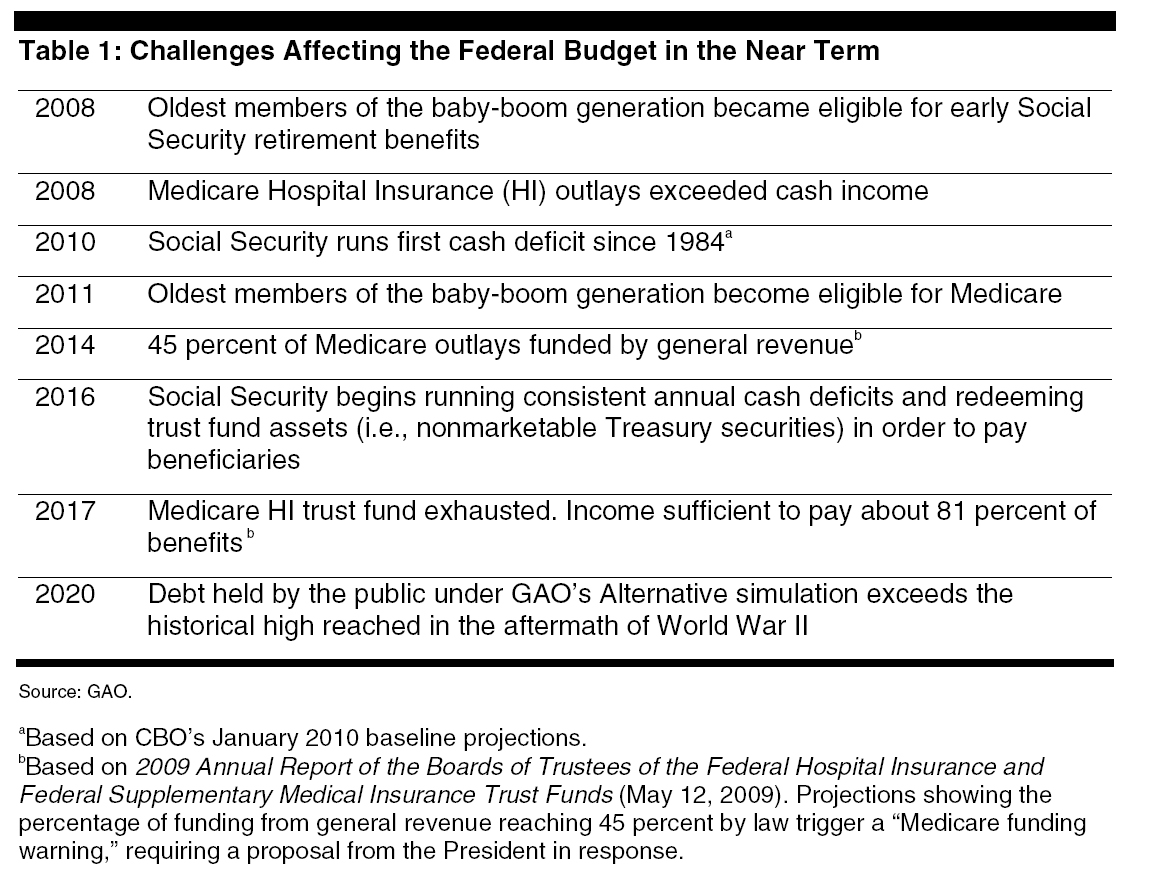
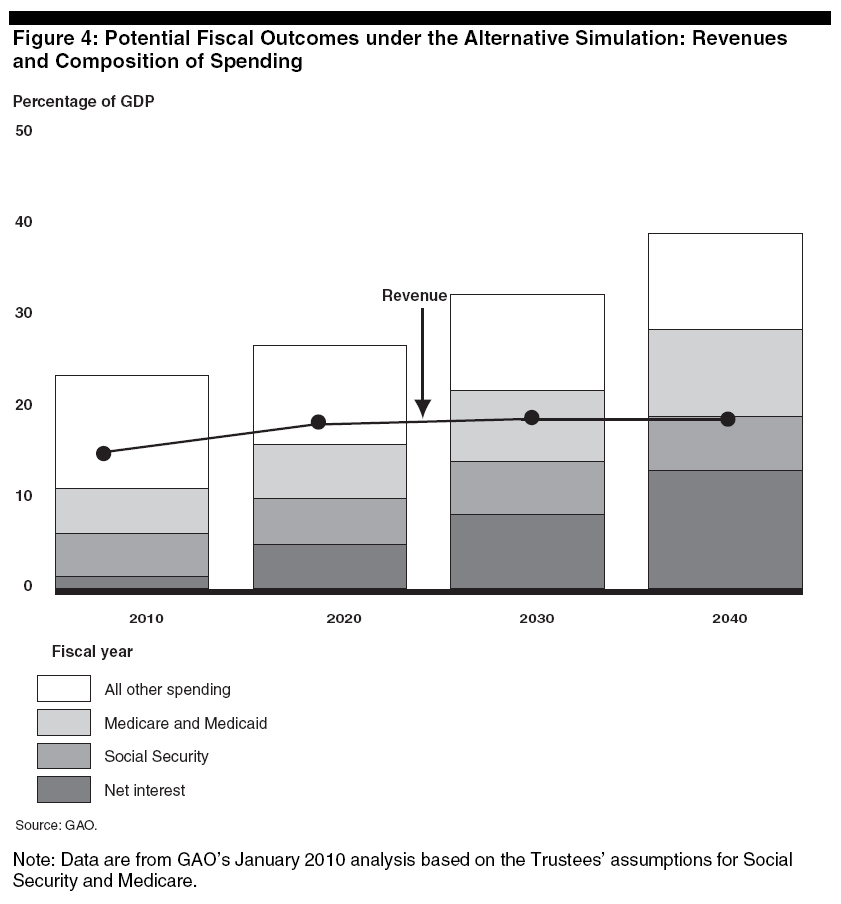
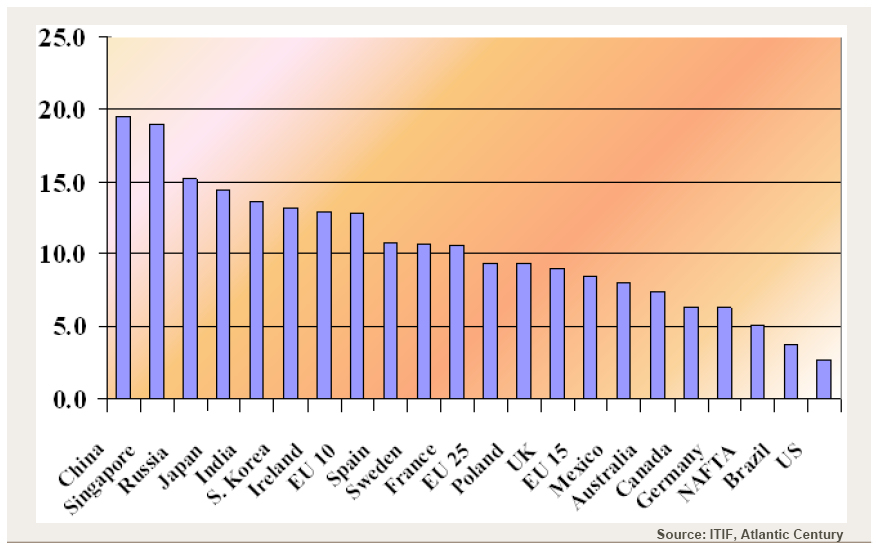
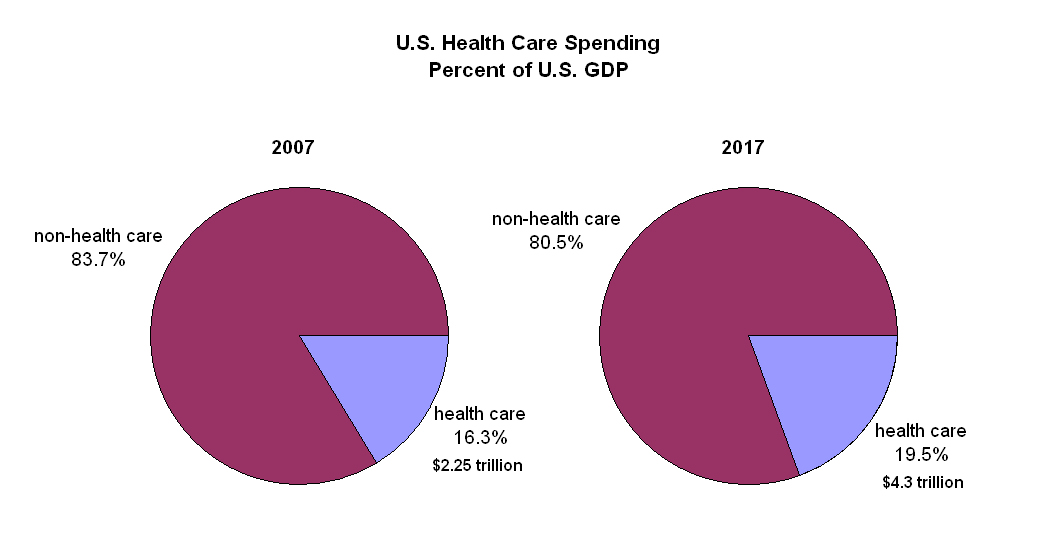
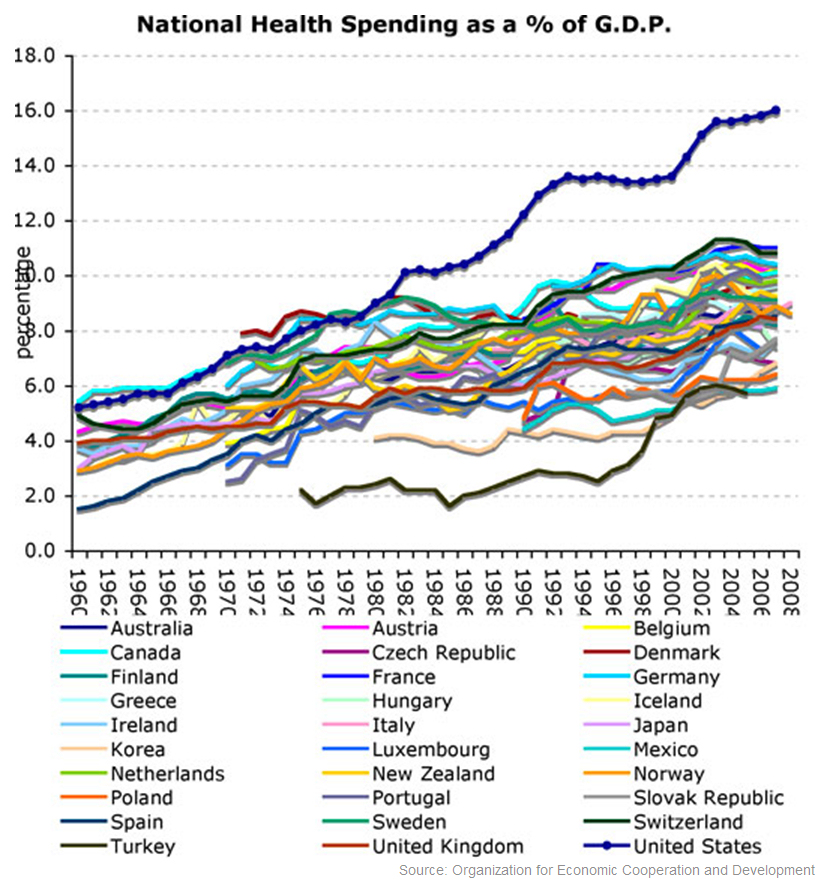
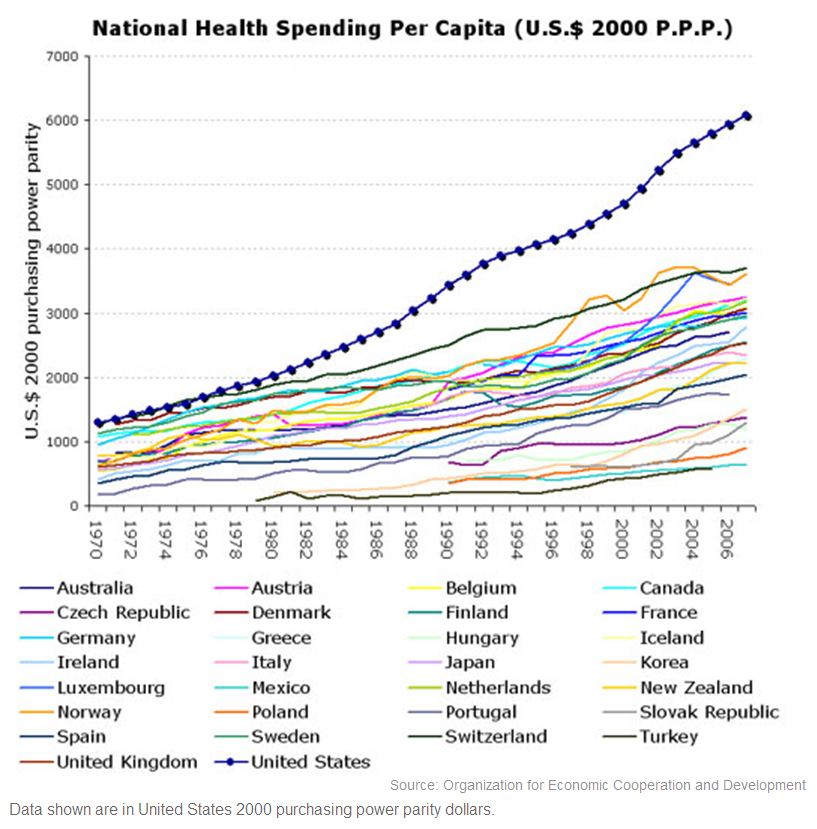
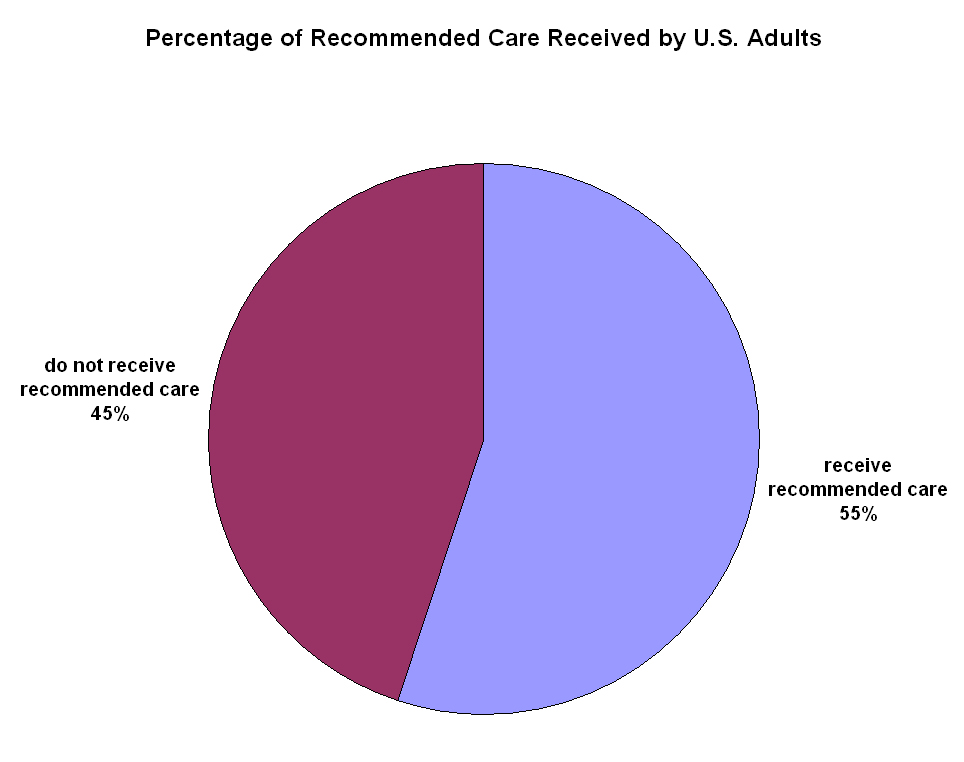
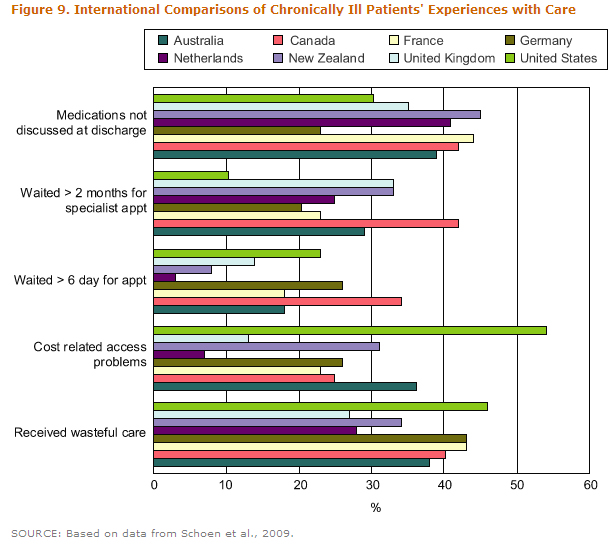
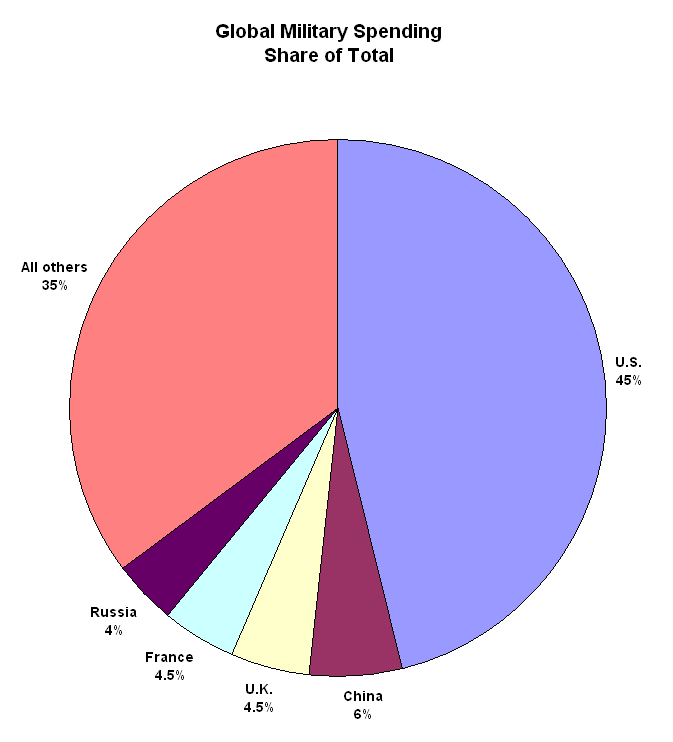
Well, you laid it all out there in a clear and thorough manner, thank you.
All I can say is that I know this Country is a choice Nation and it was the hand of providence that made possible its establishment. I have faith that said hand will preserve it (with the help of the newly awakened patriots).